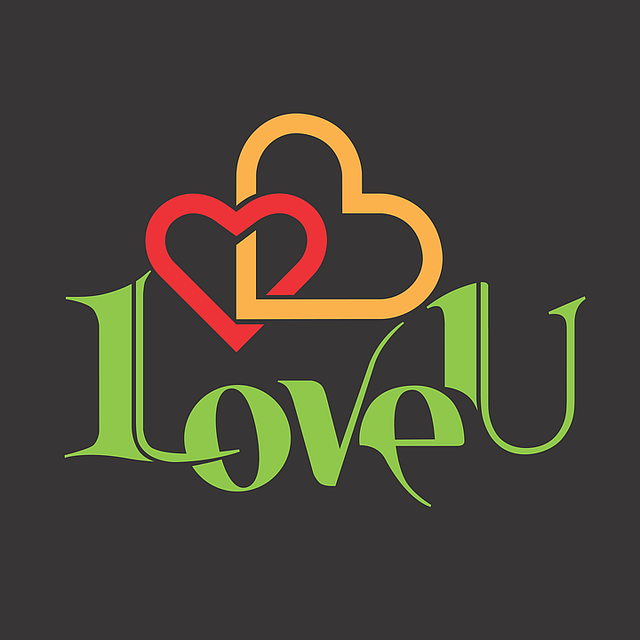Define coding goals, align with personal interests, and choose relevant languages. Adopt multisensory learning, use interactive platforms, and tackle diverse projects. Practice consistent coding, collaborate, and tap into online communities for support. Regular practice, teamwork, and varied learning enhance programming proficiency.
Unleash your coding potential! If you’re new to programming or looking to improve your skills, this guide offers a structured approach to navigate your learning journey. First, set clear goals and define your aspirations. Then, align your language choices with personal interests and career prospects. Engage in interactive learning, practice consistently by building projects, and collaborate with fellow coders. Remember, regular practice is key to mastering any language. Let’s dive into these strategies to help you become a proficient programmer.
- Set Clear Goals: Define Your Programming Journey
- Choose Languages Aligned with Interests and Career
- Immerse Yourself in Interactive Learning Environments
- Practice Consistently: Build Projects and Collaborate
Set Clear Goals: Define Your Programming Journey

Setting clear goals is the cornerstone of your programming journey. Before diving into lines of code, define what you want to achieve. Are you aiming to build websites for fun or pursue a career in software development? Want to create games or contribute to green technologies through coding? Understanding your motivations and aspirations will guide your learning path.
A structured approach benefits beginners immensely. Break down your goals into manageable milestones. For instance, start with mastering the fundamentals of one language, then explore libraries and frameworks relevant to your interests. Whether you’re interested in art history overview or multisensory teaching, aligning your projects with these passions can make learning more engaging. Remember, consistent practice and a growth mindset are key to success. So, don’t hesitate to give us a call at geometric concepts literary analysis for further guidance along the way.
Choose Languages Aligned with Interests and Career

When embarking on your programming language learning journey, aligning your choices with personal interests and career goals is paramount. If you have a passion for creative art projects or music theory fundamentals, consider languages that cater to these fields, such as JavaScript for web development or Python for data analysis, which offer numerous applications in the arts. For those with an aptitude for problem-solving and logic, languages like C++ or Swift can be excellent picks, providing a solid foundation for software engineering roles.
A multisensory teaching approach can greatly enhance your learning experience. Explore resources that offer interactive coding challenges, visual aids, and hands-on projects to cater to different learning styles. Even if you’re not in the field of art critique, engaging with diverse learning materials will make your programming journey more enjoyable and effective. Remember, choosing languages aligned with your interests doesn’t just make learning more fun; it also prepares you for future-ready learning anytime, ensuring your skills remain relevant in a rapidly evolving tech landscape. Visit us at future-ready learning anytime to discover how we can tailor your path.
Immerse Yourself in Interactive Learning Environments

Dive into interactive learning environments to truly master programming languages. Engaging with platforms that offer hands-on, practical exercises is invaluable. Not only do these environments provide immediate feedback on your code, but they also simulate real-world scenarios, helping you apply theoretical knowledge in tangible ways.
Consider incorporating collaborative projects or creative art projects music theory fundamentals as part of your learning journey. These diverse experiences can foster problem-solving skills and enhance your ability to think logically—essential aspects when coding. Additionally, engaging with theatrical production teams through group work dynamics can teach valuable lessons in communication, teamwork, and managing complex projects—all transferable skills that benefit your programming prowess. If you’re struggling or need guidance, remember that giving us a call at Group Work Dynamics Mental Health for Students can provide the support needed to overcome challenges and stay motivated.
Practice Consistently: Build Projects and Collaborate

Consistently practicing programming is key to mastering any language. Regularity breeds familiarity and comfort, allowing you to build upon your existing knowledge. Set aside dedicated time each day or week for coding; this routine will significantly accelerate your learning journey. Start with small projects aligned to your interests, whether it’s developing a simple game, creating a personal website, or automating a task. Completing these projects offers tangible results and reinforces key concepts, boosting your confidence as you progress.
Collaboration further enhances your learning experience. Engage with online communities, participate in open-source initiatives, or find peers to form study groups. Sharing ideas, debugging code together, and discussing different approaches not only improves your technical skills but also hones crucial communication and public speaking skills. Moreover, collaborative projects introduce you to diverse learning styles and assessment methods, enriching your overall understanding of programming concepts. As you explore these avenues, remember that consistent practice and collaboration are powerful tools in your journey to become a proficient programmer – find us at online research skills for more guidance.
Learning programming languages effectively requires a structured approach. Setting clear goals, aligning your choices with personal interests and career aspirations, and immersing yourself in interactive environments are foundational steps. Consistent practice through project-building and collaboration solidifies your skills. Remember, the best way to learn is by doing; so, start coding today and let your programming journey unfold.
